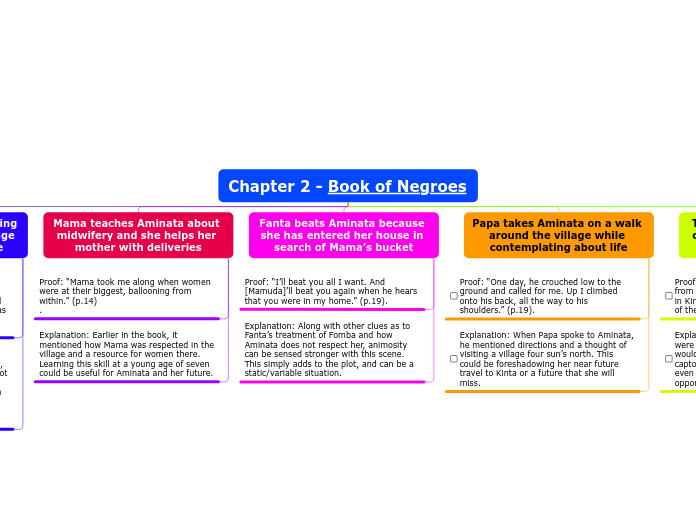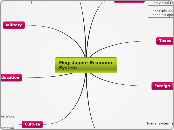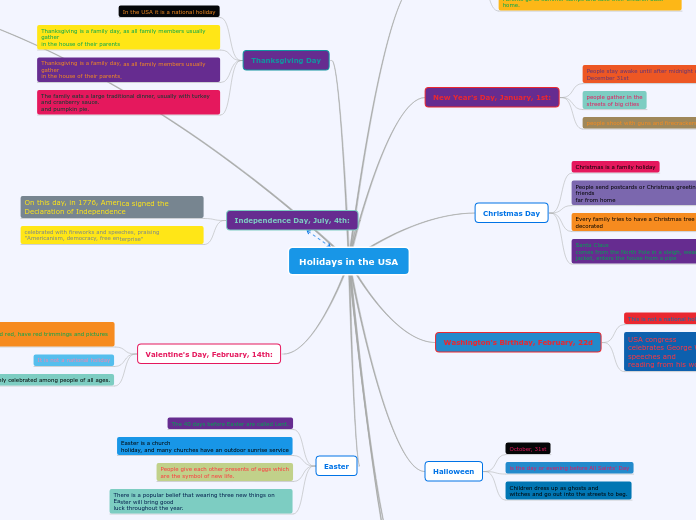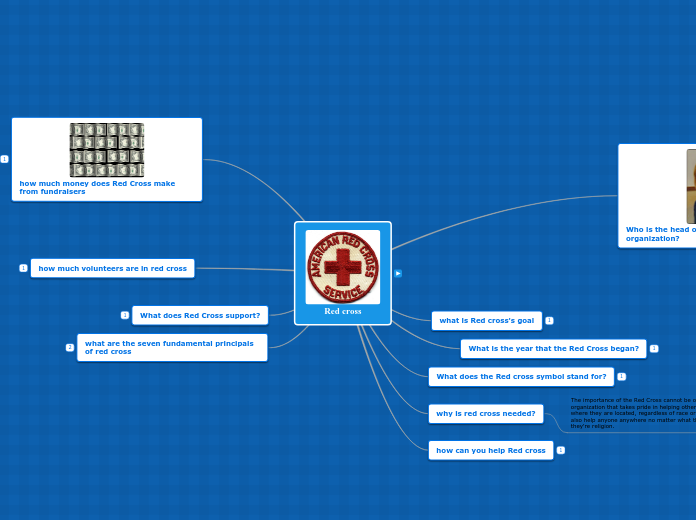av Aromal Mihraj 2 år siden
210
Chapter 2 - Book of Negroes
Aminata spends time with her father exploring their village, reflecting on life and potential future travels. From an early age, she becomes integral to her community, contributing through harvesting and assisting with midwifery, showcasing her independence and diverse skills.









